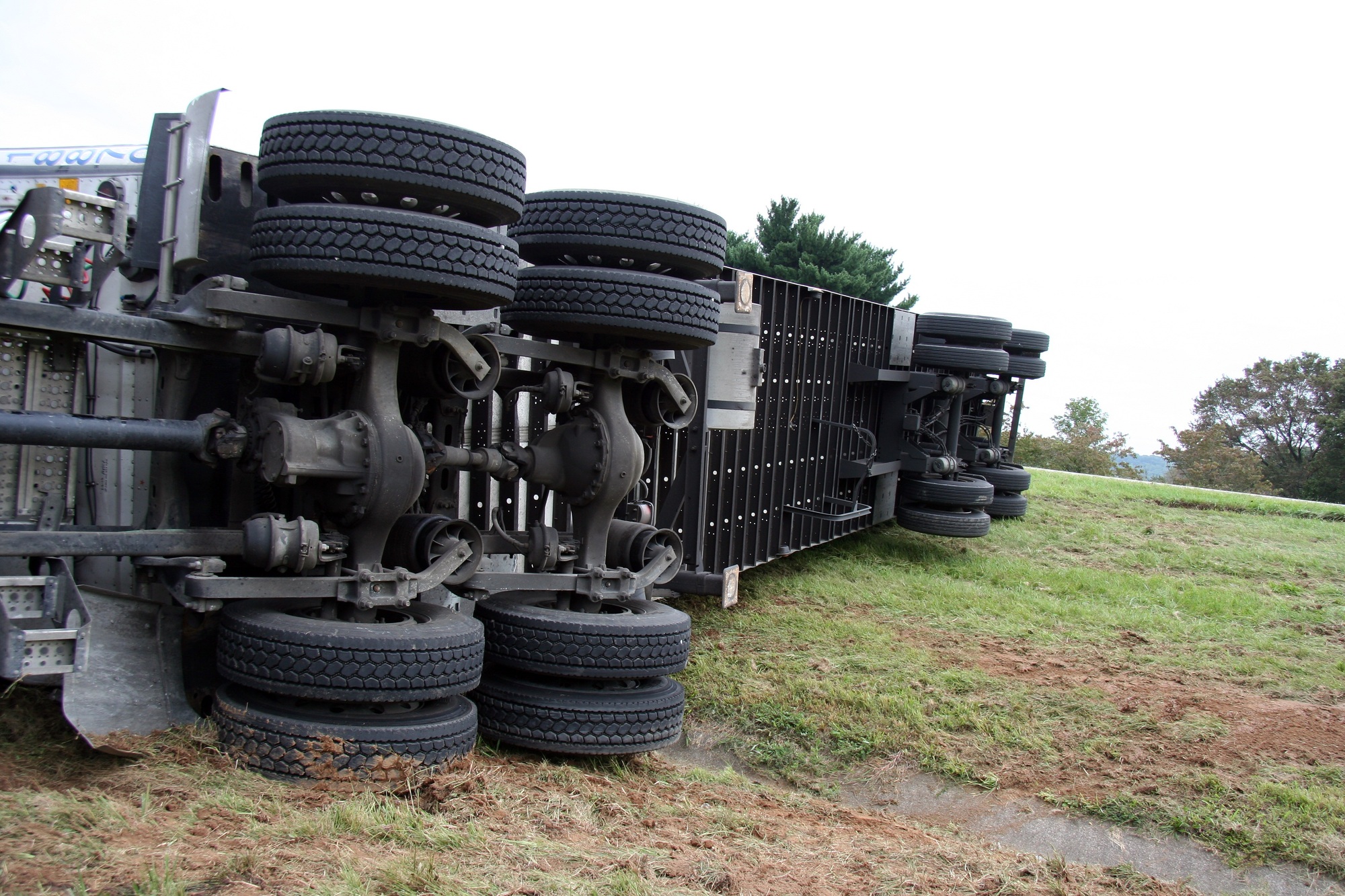In this article, we will explore five major reasons a judge will change a child custody order. The arrangement for custody of a minor is not necessarily permanent. The court may establish an initial order for child custody modification to outline the arrangement when parents separate or divorce.
The court can change the order before the child turns 18. This is possible should there be a change of circumstance custody. Nevertheless, this authority rests with the judicature.
A single parent’s request and the judge’s approval are sufficient to bring about a modification in the custody of a minor. Generally, the parent who seeks the modification will file a demand with the assistance of their domestic relations law lawyer.
To modify the custody of a minor order, a judge needs to establish two facts:
- A significant change in circumstances has occurred that impacts the child’s well-being.
- Deem that modifying child custody order is in the child’s best interest.
Upon making these findings, the judge can grant the modification.

The discussion will focus on why a judge may change custody agreements. The article will specifically look at North Carolina law. We will discuss five reasons a judge will change a child custody order.
1. Geographical Relocation
If the custodial parent relocates, the non-residential parent can request custody modification through the court. Relocation alone may not be sufficient cause to modify custody of a minor arrangement.
Moving to a new location does not automatically mean that custody arrangements should change. It is not warranted that a petition for custody modification based on relocation will be successful.
Relocating is just one factor to consider when evaluating the need for a custody modification. However, the court should take relocation into account when making a decision.
If there are legitimate reasons for a move, the court can modify custody, which includes situations such as:
- The move would create a significant hardship for the non-residential parent. This would make it challenging to maintain the existing custody schedule.
- The migration would have a substantial positive or negative impact on the child’s well-being in some other way.
A parenting plan can restrict the custodial parent’s privilege to move with the child. Either the parents or the court can impose these restrictions.
For instance, the agreement could require advance notice of a specified duration before the primary parent can relocate. Alternatively, the agreement might prohibit the primary parent from relocating to another state.
2. Custody Terms Not Followed by One Parent
After the court established a custody order following your appearance with the other parent. This order was either through mutual agreement or a decision made by the judge. Both parties must adhere to this order.
Presently, the other parent is not adhering to the terms of the custody order. They may fail to return your child to your residence on time each week. Alternatively, they may refuse to inform you when they take your child on out-of-town trips.
In such a scenario, you can file a petition to modify the existing custody of a minor order.
You must give proper notice to modify a custody order due to violations by the other parent. Furthermore, you must prove in court that the violations represent a significant change of circumstances affecting the child’s welfare.
Along with filing for a custody modification, you can also request that the court hold the non-compliant parent in contempt.
Presenting evidence in court is necessary to pursue a custody modification due to violations of the current agreement or order. Therefore, it is advisable to collaborate with a knowledgeable family law attorney for guidance.
3. Change in the Child’s Requirements

Babies need different things than toddlers or high school students. A child may require different settings to thrive at different points in their life.
As a result, one home may be more fitting than another. If the child’s needs have changed, the court might modify custody. You can do this if you demonstrate that the child’s necessities have evolved.
The occurrence of a child’s mental, emotional, or physical condition. One parent is more capable of taking care of the child. Serving as a basis for a judge to alter custody.
The parent who seeks modification will have to file a motion to modify. The parent must also establish that the changes impact the child’s well-being. The judge will then decide on the course of action.
4. Change in a Parent’s Circumstances
Courts acknowledge that parents’ circumstances can change, and thus custody of a minor order are not permanent.
If you want to request a custody modification, you must demonstrate a significant change in a parent’s circumstances. Additionally, the change should significantly impact the child’s life and welfare.
A parent’s positive change in circumstances can also be a legitimate reason for a custody modification. The non-residential parent’s past struggles with substance abuse can be a barrier to having significant parenting time.
However, if they have achieved sobriety and obtained a stable job, they may be able to request a modification. The court will base its decision on what is in the child’s best interest.
5. The Child is at Risk
The well-being of the child is the top priority in any custody case. A judge’s determination that the child is in danger can significantly alter custody arrangements.
The reasons a judge will custody change arrangements if a parent’s actions threaten the child’s safety. This could mean limiting or revoking the parent’s right to physical custody.
Examples of behaviors that may lead to a change of custody due to endangerment are:
- Physical, emotional, sexual, or psychological abuse (including verbal abuse).
- Failure to take action or engaging in actions that expose the child to the risk of abuse by others.
- Substance abuse, such as drugs and alcohol, endangers the child or hurts their well-being.
- Severe mental health issues, such as psychotic breaks, hospitalizations, or erratic behavior, could harm the child.
If your child is in immediate danger, call the police without delay. Afterward, you can collaborate with your attorney to submit a motion to revise your custody arrangement and safeguard your child.
Those are five reasons a judge will change a child custody order.







